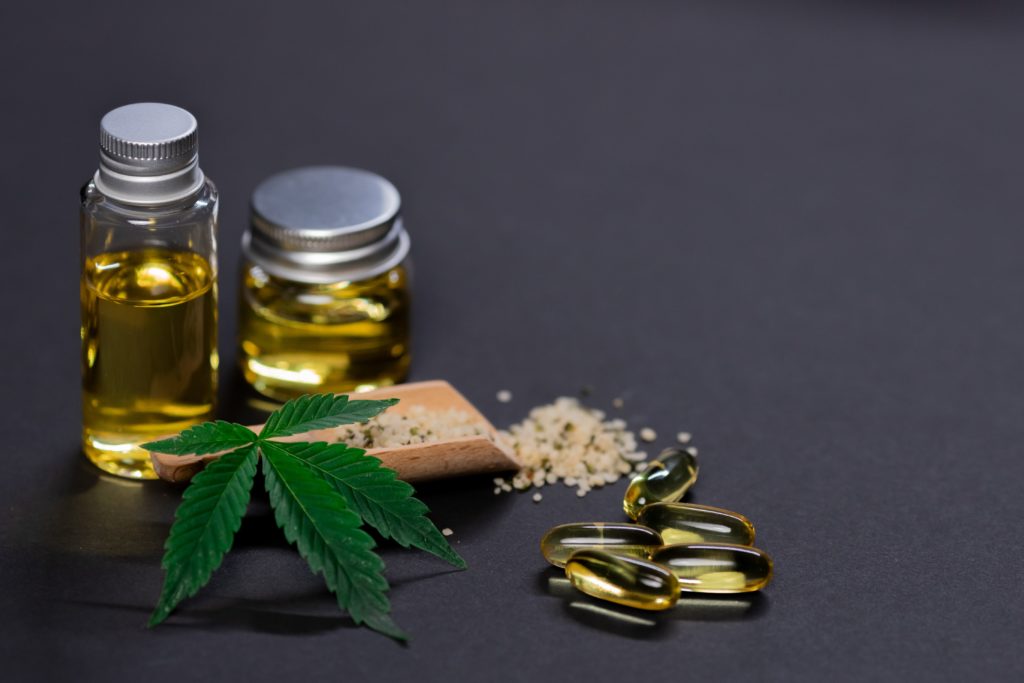
You’ve probably encountered the acronyms CBD and THC while looking for information on weed online. These two compounds have gained significant attention over the past few years for their potential therapeutic and psychoactive effects. While we know they are significant compounds of the cannabis plant, their differences tend to set them apart. Let’s look at the differences behind CBD vs THC.
Exploring the Differences: CBD vs THC
As CBD vs THC is becoming a popular topic of discussion, let’s take some time to look at how they differ.
Source
THC is mainly found in high levels in marijuana, a cannabis plant grown for its psychoactive properties.
CBD can be derived from the cannabis plant and hemp, the latter being any part of the plant that contains less than 0.3% of the psychoactive compound THC. Hemp comprises lower levels of THC and higher levels of CBD, which makes it a popular source of CBD products.
Psychoactive Effects
THC is the psychoactive compound that causes the “high” after consumption. Once THC binds itself to the cannabinoid receptors in the brain, it will induce feelings of euphoria, relaxation, and more. However, CBD does not have psychoactive effects and is not associated with a “high.”
Medical Benefits
While CBD and THC effectively treat nausea, anxiety, and pain, consumers also use them separately to treat specific conditions.
While more clinical studies are needed to determine the effectiveness of THC, many have proven that it can help with the following:
- Enhancing sleep
- Reducing muscle spasms
- Improving appetite
- Treating glaucoma
Clinical studies also show that CBD could help with the following:
- Lower blood pressure
- Reduce symptoms of psychosis
- Alleviate migraine pain
- Treat epilepsy
- Treat autoimmune diseases
Legal Status
The legal status of CBD and THC varies depending on where you live. THC still hasn’t been legal in many countries, even though some states may have legalized it for medical or recreational use. However, CBD is legal in many countries as long as it comes from hemp and contains less than 0.3% THC.
Drug Test Detection
THC can be found in your system days or weeks later. Health practitioners can detect THC through a drug test long after you’ve consumed cannabis. This would depend on how much weed you consume and how fast your body processes it before a drug test.
Whereas CBD is generally not tested for in standard drug screenings. Although, some tests may be able to detect trace amounts of THC in CBD products.
Read more: Where Is Marijuana Legal For Medical And Recreational Uses? (grassdoor.com)
CBD vs THC: Concluding Thoughts
Here’s where we end this insightful debate about THC vs CBD. We have established that THC is typically consumed for the euphoria it produces and its medical benefits in places where it is legal. CBD is well-known for its health and wellness purposes and can work wonders on the mind and body when consumed correctly.
THC and CBD can be consumed as cannabis edibles, through vapes, and even topicals. To learn more about cannabis culture, including the latest cannabis research, trends, and recipes, check out our blog.


